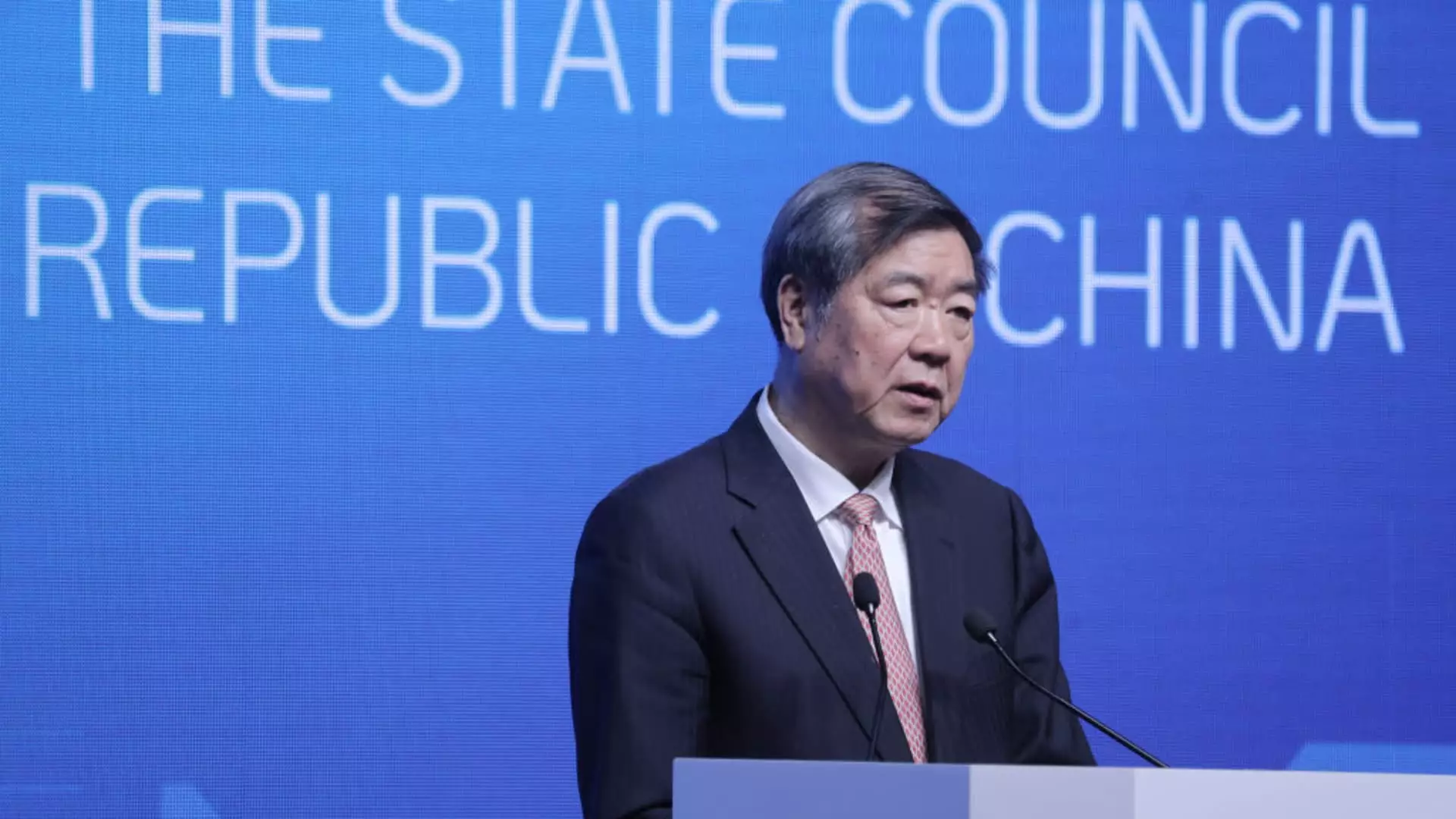In an assertive move aimed at reinvigorating Hong Kong’s economic landscape, Chinese Vice Premier He Lifeng underscored the importance of innovation and supportive financial policies during the third Global Financial Leaders Investment Summit, held by the Hong Kong Monetary Authority. He voiced Beijing’s steadfast commitment to transforming Hong Kong into a leading international financial center, stating the necessity for strategic measures that prioritize competitiveness. This affirmation comes amid a backdrop of economic challenges that have tested the resilience of Hong Kong’s financial sector.
Vice Premier He’s speech indicated a clear goal: harnessing both local strengths and the advantages offered by the mainland’s expansive market. By doing so, leaders in Beijing seek to reassure investors about the potential for recovery and sustainable growth in the region. Commenting on the positive impacts of current stimulus measures from Beijing, He expressed optimism regarding Hong Kong’s financial trajectory. “The upward trajectory of the economy is more certain,” he remarked, which sets a hopeful tone for stakeholders eager for revitalization.
A pivotal aspect of Hong Kong’s future lies in fostering closer ties with mainland China while simultaneously leveraging its unique position as an international hub. Li Yunze, Minister of China’s National Financial Regulatory Administration, emphasized that nearly 80% of mainland enterprises eyeing offshore listings would choose Hong Kong. This statistic illustrates the city’s intrinsic link with China’s economic ecosystem. The integration of Hong Kong’s financial mechanisms with mainland policies is not merely advantageous but essential for a robust recovery from recent downturns.
Wu Qing, the head of China’s securities regulator, supported this viewpoint by announcing ongoing policies to attract additional foreign investments in Hong Kong. Given the recent trend of major banking institutions scaling back operations in the city, the urgency for revitalizing market confidence has never been more pressing. Indeed, the performance of the Hang Seng Index, recognized as one of the worst among global indices last year, reveals how critical it is for Hong Kong to pivot effectively towards a more favorable investment climate.
Despite hopeful projections, the road ahead is fraught with challenges. With an alarming 16% reduction in proceeds from IPOs and follow-on shares in the first half of this year compared to last, it’s clear that Hong Kong’s stock market has grappled with a significant slowdown. The ongoing exodus of capital, coupled with the adverse impact of a protracted downturn in the property market and increasing government debt, denotes that recovery efforts are imperative.
However, signs of a potential turnaround have emerged as operators of the Hong Kong Stock Exchange recently reported an uptick in market activity. This resurgence coincides with the introduction of a series of fiscal and monetary measures designed to stabilize the economy. There is cautious optimism that these interventions can provide a solid foundation for future financial growth and stability.
Policy Adjustments to Attract Foreign Investment
In addition to stimulating local markets, recent policy adjustments signify a greater openness to foreign investment. Regulatory changes that lessen capital constraints on foreign investors seeking non-controlling stakes in Chinese enterprises reflect a strategic shift aimed at encouraging external financial participation. This is a bold step towards rekindling interest from international investors who may have been apprehensive about the region’s stability.
The ongoing commitment to an accommodative monetary policy, as highlighted by People’s Bank of China Governor Pan Gongsheng, reassures global financial leaders that there is a concerted effort to maintain favorable conditions for investment and economic growth. The participation of major foreign financial institutions, including HSBC and Citigroup, at the summit illustrates the significant interest and potential collaboration between Hong Kong and global markets.
Hong Kong stands at a crossroads, with definitive signs pointing towards both challenge and opportunity. As the potential for innovation and financial synergy unfolds, the city’s leaders must remain vigilant in their pursuit of a collaborative and prosperous future—one where Hong Kong can reclaim its status as a bustling international financial hub, strengthened by its ties to mainland China. The initiative demonstrated by Chinese authorities, coupled with the resilience of local policymakers and global financial institutions, can pave the way for a renewed era of economic vitality in Hong Kong.


Leave a Reply